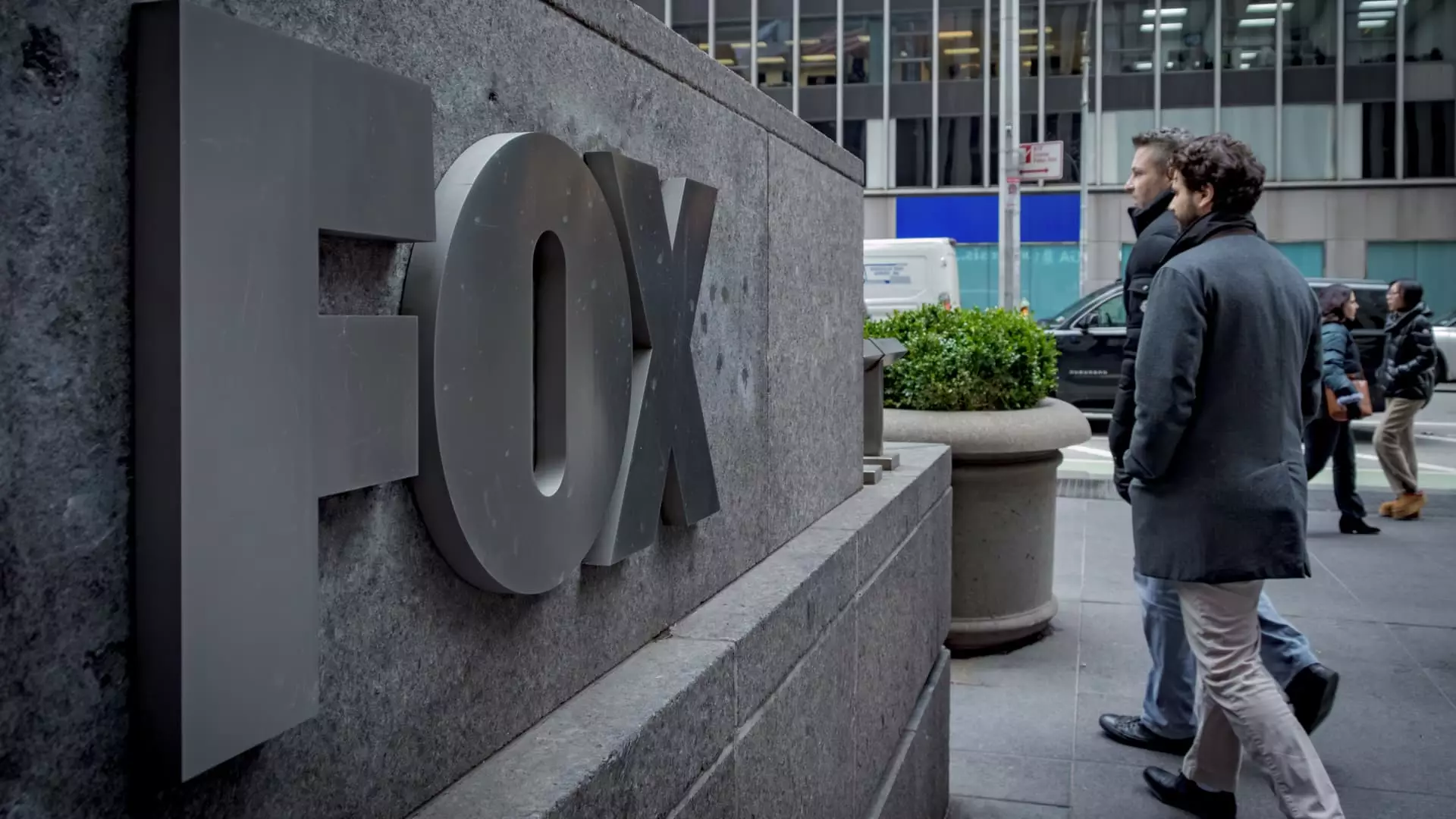In a bold yet underwhelming move, Fox Corporation announced the launch of its new direct-to-consumer streaming service, Fox One, set to debut just as the NFL season kicks off. But beneath the hype lies a fundamentally flawed strategy that exposes the company’s reluctance to fully embrace the digital age. Instead of leveraging its assets aggressively or innovating with fresh content, Fox opts for a tepid approach—offering a service with no exclusive programming, no original content, and a price point that suggests minimal confidence in its own offerings. This half-hearted attempt demonstrates how Fox remains caught between its traditional broadcast roots and the tumultuous streaming revolution that is reshaping media consumption.
Content Strategy: Playing It Safe or Falling Behind?
At its core, Fox One is essentially a repackaging of existing content—live sports like NFL and MLB games, alongside news programming from Fox News and Fox Business—which are already widely accessible through traditional channels. This approach indicates a stark lack of ambition. Unlike competitors who are investing heavily in original shows, unique streams, or exclusive sports rights, Fox is opting to charge a premium ($19.99/month) for a service that offers little more than what viewers can already access for free or through their pay-TV packages.
This conservative stance reveals a cautious recognition of its limitations rather than a strategic foresight. The company admits that its subscriber expectations are “modest,” hinting that this is more of a defensive move—aimed at patching its existing revenue streams—rather than a genuine effort to innovate or capture new audiences. The decision not to include proprietary or original content signals a missed opportunity to create something truly differentiating in an increasingly competitive marketplace.
Financial Realities and Strategic Shortcomings
Fox’s financials paint a picture of a company hesitant to fully commit. While revenues have increased modestly, much of the recent growth is attributed to its free ad-supported platform, Tubi, and bolstered news ratings—sectors that have historically been stable revenue generators for Fox. Yet, these are not enough to sustain a thriving streaming empire. The company’s reluctance to push exclusive rights or original programming limits its ability to compete with Netflix, Disney, and other giants who are investing billions into content creation.
Even the prospect of bundling Fox One with other streaming services seems cautious and half-hearted, with Murdoch emphasizing the importance of maintaining focus on targeted audiences without further damaging the pay-TV model—an ecosystem already in decline. This reluctance to abandon traditional revenue streams and leap into fully-fledged streaming reflects a conservative mindset that risks leaving Fox behind as momentum shifts nationwide.
Industry Context and the Future Outlook
In an environment where Disney is launching a comprehensive ESPN streaming platform at a premium rate, and many competitors are doubling down on original productions and exclusive rights—Fox’s measured, almost lukewarm approach appears increasingly outdated. The industry is moving toward personalized, original, and exclusive content, not just a rerun of familiar programming delivered through a new digital window.
The timing of Fox’s move signals a recognition that streaming is unavoidable but a failure to fundamentally adapt. The company seems to think that leveraging its existing content portfolio, without significant investment, will suffice. This shortsightedness panders to a fragile status quo, risking the erosion of its relevance in a digital world that demands innovation, risk-taking, and genuine engagement.
Fox’s cautious strategy makes it clear that the company is aware of the shifting landscape but refuses to fully break free from its comfort zone. Instead, it opts for a minimal effort—imposing a price tag on a service that offers little beyond what viewers are already entitled to—thus risking obsolescence in the long run. This reluctance to embrace true digital transformation undermines its potential to remain a major player amid disruptive industry forces and growing consumer expectations for truly tailored and compelling streaming experiences.


Leave a Reply